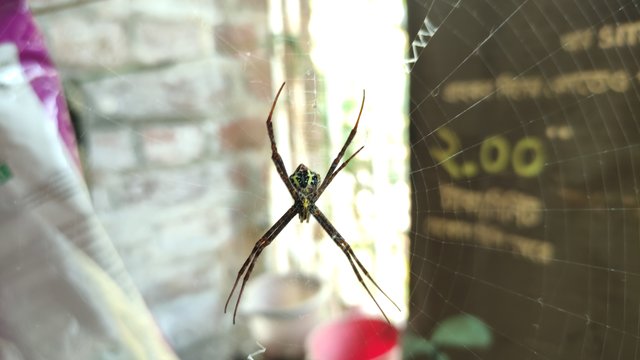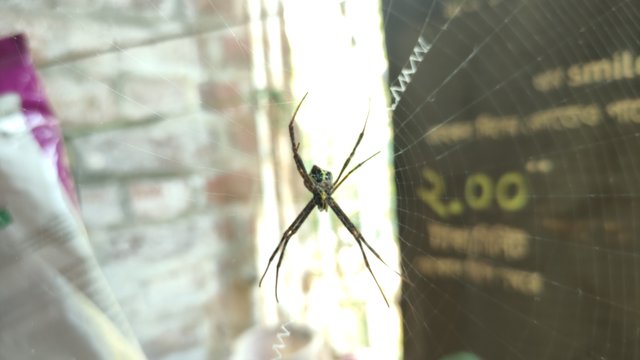Diversity is important for spiders because it helps them to survive in their environment. Each spider has a unique way of life and needs to be able to adapt to different conditions. Diversity in the spider population allows for more variation and makes it more likely that a spider will find food or a mate.
Diversity in spider populations is vast, with over 1,500 different species identified so far. How many different types of spiders are there in the world? Researchers don't know for sure, but they believe it to be around 6,000.

Spider body shapes can vary quite a bit, from the tiny tarantulas to the giant orbweavers. This variation is due to a number of factors, including the spider's diet and environment. Some spiders, like tarantulas, are predators that eat small insects. Their bodies must be small enough to fit through tight spaces and capture their prey efficiently. Other spiders, like the orbweaver family, are omnivores that eat both small insects and plants. Their large bodies allow them to consume more food than smaller spiders and take advantage of their webs to catch prey.
Spider behavior is diverse, with some spiders exhibiting aggressive hunting behaviors and others living in cooperative groups. These different behaviors have led to the spider being known by a variety of different names, such as the friendly spider or the web-weaver. Understanding how spiders behave can help us better understand their natural habitats and their role in society.

There are an estimated 1.5 million unique species of spiders on Earth, making them one of the most diverse groups of creatures on our planet. Spiders can be found in every corner of the world, from the tiniest orb weaver to the largest and most famous tarantula. They range in size from only a few millimeters to over two inches long, and their bodies can be black, brown, tan, white, or even iridescent silver. Some spiders build webs to trap small prey while others hunt by pouncing on their prey.
The amazing diversity of spiders is an asset for both humans and the environment. Spiders are able to rapidly disperse their webs across large areas, removing potentially harmful insects or other small creatures. Additionally, spiders can redistribute resources back into the ecosystem by consuming prey that would have otherwise gone to waste.
Congratulations!!
Your post upvoted by 'Arts Curator's team using @steemcurator04 (Steem Community Curation Project),
your effort for writing is appreciated keep making quality posts. Hold at least your club status #club5050
Curated By The PERFECT seven - Arts Team member @shohana1
Power up more and keep writing original content in steemit----Thank You!
Downvoting a post can decrease pending rewards and make it less visible. Common reasons:
Submit